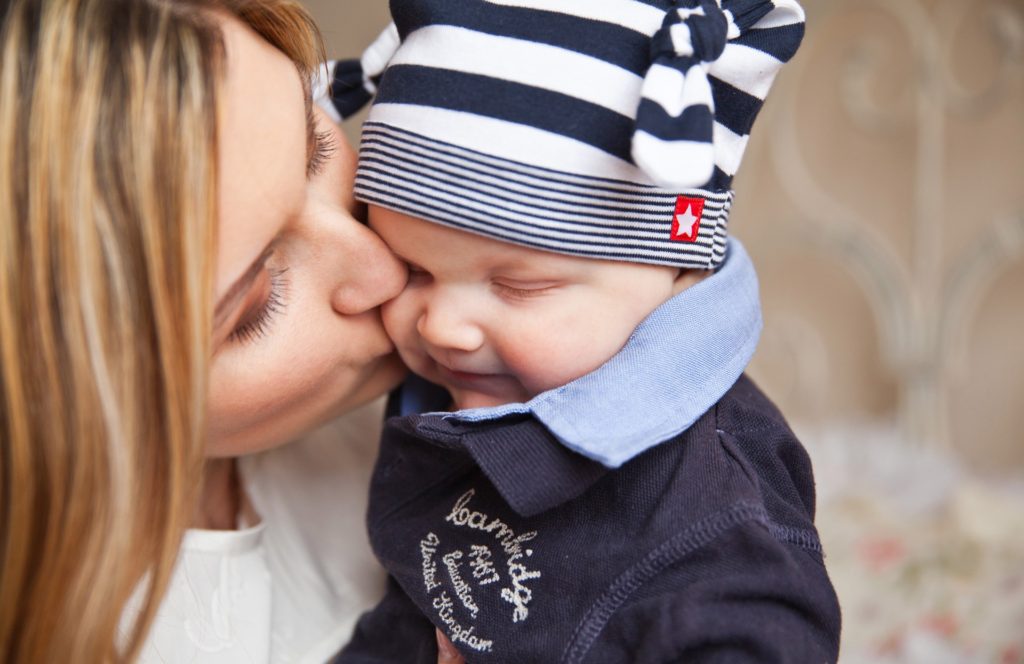There isn’t a child in the world who won’t bump their head at some point. And, whether it’s slipping over and taking a tumble or banging their head against a table corner, the result could be a concussion.
It is vital, then, for all parents to recognize the signs of concussion and respond in the right way. I’ve pulled together a few tips for you to ensure your child gets the proper treatment.

After the event
A bang on the head can lead to full unconsciousness, of course. If this occurs, it is vital you ring the emergency service straight away. An ambulance will arrive and bring your child to your local hospital or pediatric urgent care center. But what happens if it isn’t a knockout blow?
It can be difficult to see just how hurt your child is, but if they display any of the following signs, you should ring for a doctor. Dizziness and confusion are obvious, of course, and it is likely they will appear fatigued. If any of these symptoms last for more than 20-30 minutes, make a call.
You should also be wary of bumps to the head that seem to be OK. There could be blood appearing from the nose of ears, or even a simple case of vomiting. Your child’s speech may start to slur, too. Seizures and convulsions can also occur – and it is critical you get help fast.

The following week
Once your child has been stabilized, it is important they get plenty of rest. Your doctor may wish to see your child on a daily basis, depending on the severity of the blow. But, you should still keep a close eye on their recovery.
Not all concussions will appear straight away, and certain environments might make them even worse. Anything that involves concentration should be avoided – nothing too brainy or physical. And keep them away from loud and bright conditions, which can stimulate your child’s brain. Follow this advice, and the symptoms should improve.
However, if things start to worsen, contact your local hospital again – it could be a sign that something isn’t quite right.

Ongoing
After a week, doctors will often want to see your child on a weekly basis to ensure there is no bleeding on the brain and that they are making a full recovery. It’s important to keep your child from doing anything too strenuous, both physically and mentally.
It can be tough for kids at this point, as they will be feeling much better and ready to take on new challenges. You will have to put up with a lot of frustrations and anger – so be prepared.
During the second week, your doctor may recommend your child starts to use their brains a little more. And by the third week, all symptoms should be clear. However, there may be a need for your child to see a concussion specialist to ensure everything is back to full working order. And, it might take some time for them to get back to their full cognitive abilities.
While some blows to the head can be dangerous, your child will be okay in the vast majority of cases. Let them take it easy, and they will recover quickly – and always keep in touch with your physician.
